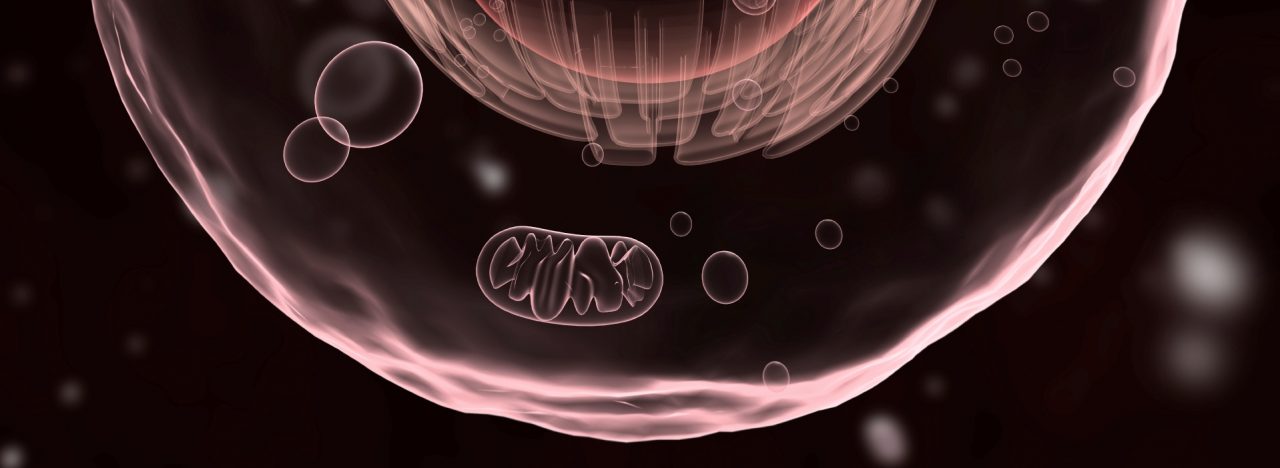Open seminar May 17 2013
Mitochondrial inherited disorders are progressive and may cause very severe disease, suffering and premature death, often affecting babies, children and young people. They are inherited from the mother and can be caused by aberrations in the genes in mitochondrial DNA.
Replacing the mitochondrial DNA with “healthy” mitochondrial DNA from a donated unfertilised or fertilised egg, could help women with a predisposition for mitochondrial diseases to give birth to healthy children. Even future generations will be protected.
Mitochondrial replacement in order to prevent transmission of mitochondrial disorders raise important ethical questions. On one hand, the technique provides a new opportunity to avoid inherited disorders that can cause severe suffering and premature death. On the other hand, genetic modification of unfertilised or fertilised eggs, has previously been regarded as fundamentally unacceptable and is prohibited in Sweden under the genetic integrity act.
The Swedish National Council on Medical Ethics (Smer) is currently analysing this issue from an ethical perspective. A report is planned to be published during the autumn 2013. The purpose of this open seminar is to highlight and discuss the ethical issues and questions that the new technology raises.
In the UK, methods for mitochondrial replacement are currently under consideration. Nuffield Council on Bioethics published a report on the subject in June 2012. March 20 this year, Human Fertilisation and Embryology Authority (HFEA) published a document concluding a public consultation and advice to the Government regarding the ethics and science of new IVF-based techniques designed to avoid serious mitochondrial diseases. Representatives from the HFEA and the Nuffield Council are invited to present the ethical and societal discussion in UK.
Swedish experts are also invited to give presentations about mitochondrial disorders and the scientific and clinical aspects of mitochondria replacement.
Please note that the seminar will be held mainly in English.
Questions to be discussed
– Should it be permitted to use a technique, with the purpose to avoid a serious disease for the future child (and future generations), that will result in a genetic modification that will be inherited? What are the ethical implications? Risks and possibilities?
– Would this be the first step on a slippery slope allowing genetic modification also of nuclear DNA?
– What potential medical and psychological risks are involved for the future child?
– Is there a fundamental need for the technique? Are there alternative treatments to avoid these serious disorders? Would adoption or egg donation be ethically accepted alternatives? PGD or prenatal diagnosis?
– Will the availability of these techniques create pressure to use them? Or is this no different from existing treatments to help couples have healthy children?
Time and place
May 17, 2013, 9.30 – 13.00. Registration and coffee from 9.00, Rosenbad Conference Centre. The Government Offices, Drottninggatan 1, Stockholm.

